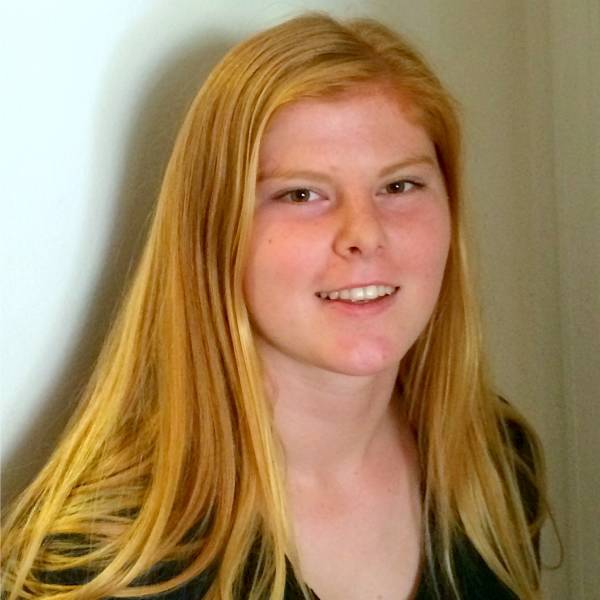Imagine walking to your car on a pleasant sunny day, only to realize you're getting sunburned from the five minutes of sun exposure. Or, looking like a ghost because of the constant need to reapply sunscreen, though still managing to be covered with freckles. This is the life of a "ginger" and things that I and my fellow "gingers" endure every day.
It was the summer before sixth grade when I was first called a "ginger." At the time I had no idea what the term meant, or if it was intended as a derogatory remark. The tone seemed negative as though fitting the "ginger" stereotype was shameful. Most people who fit the ginger stereotype -- pale, with freckle-covered skin, and red hair -- feel that the term is rude, or an odd thing to say.
However, since that summer, being a "ginger" has become part of who I am and something that I relish. It also is the basis of many jokes throughout the hallways and classrooms of my school. For me, the term is no longer rude or derogatory, it is instead, a part of me that I have come to own. I identify with the fiery nature and zest that people associate with the supposedly soulless "gingers," and I feel that others should as well.
I now know that you can change the meaning of a word. You can turn a negative expression into something that can be embraced, and even make others believe in it. I realize that our society and culture define what the meaning of language is: whether it is a good or bad association. But words are just letters and sounds, and we determine how they are interpreted. We have the responsibility to start changing the way words are used in our society.
So, the next time you see a pale, freckled redhead on the street, be sure to smile, and maybe offer her some sunscreen.
